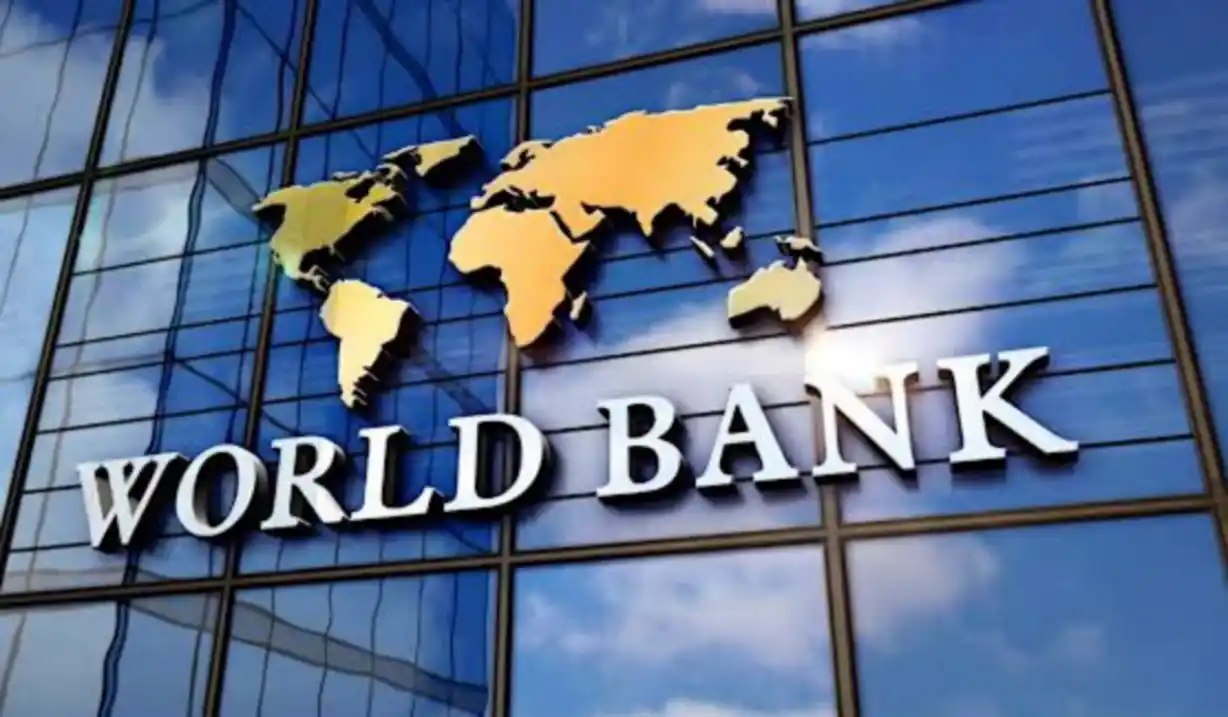The World Bank has announced plans to deploy up to $14 billion by 2030 to strengthen global agribusiness through a new initiative known as AgriConnect. The programme, introduced during the World Bank Group–International Monetary Fund Annual Meetings themed “From Sectors to Systems: Building Job-Rich Economies at Scale,” aims to transform smallholder farming from subsistence to profit-oriented ventures.
According to the World Bank, AgriConnect is expected to create millions of jobs and improve food systems and rural livelihoods in low- and middle-income countries. The initiative will focus on scaling up investments that drive inclusive growth, job creation, and economic resilience in developing regions.
World Bank President Ajay Banga described the initiative as a significant change in how the institution supports development projects. He said the Bank is moving away from funding isolated projects toward building broader economic ecosystems that can deliver sustainable employment and growth. “We’ve set a target to double our agribusiness commitments to $9bn annually by 2030, aiming to mobilise an additional $5bn,” Banga said during the launch event titled “AgriConnect: Farms, Firms, and Finance for Jobs.”
He added, “This is grounded in what we’ve tested in the field and in lessons borrowed from others. Steal shamelessly and share seamlessly; that is how we succeed together.”
The World Bank noted that family farms, including over 500 million smallholders, produce about 80 percent of the world’s food supply. However, many of these farmers remain in poverty due to limited access to markets, financing options, and modern agricultural technology. Through AgriConnect, the Bank is calling on governments, private investors, and donor agencies to collaborate in closing these gaps and turning agriculture into a key driver of employment and sustainable economic growth.
The programme’s priorities include improving infrastructure, investing in digital agriculture technology, and advancing policy reforms that can enhance productivity. These efforts are designed to help farmers better integrate into value chains, access financial services, and expand business opportunities.
Ajay Banga stressed that job creation remains at the heart of the World Bank’s mission to end poverty and promote a livable planet. He highlighted that with over one billion young people set to enter the global workforce in the next decade, agriculture holds one of the largest potentials for widespread job generation. “Jobs remain the most reliable route out of poverty,” Banga said. “They provide dignity, stability, and hope. Through AgriConnect, we are connecting the dots between farms, firms, and finance to deliver those opportunities at scale.”
During the Annual Meetings, broader discussions were held on building job-rich economies, bringing together leaders from governments, civil society, and the private sector. The World Bank’s Development Committee, representing all 189 member nations, reaffirmed its commitment to making the institution faster, more effective, and better equipped to achieve tangible impact.
On the sidelines, the Leaders’ Speaker Series featured notable global figures, including Dr. Mona Mourshed, CEO of Generation, and Dr. Rania Al-Mashat, Egypt’s Minister of Planning and International Cooperation. Both speakers shared perspectives on how aligning education, innovation, and policy can accelerate job creation.
The launch of AgriConnect concluded a week of events focused on partnership, trust, and collaboration as essential elements for sustainable global development.

